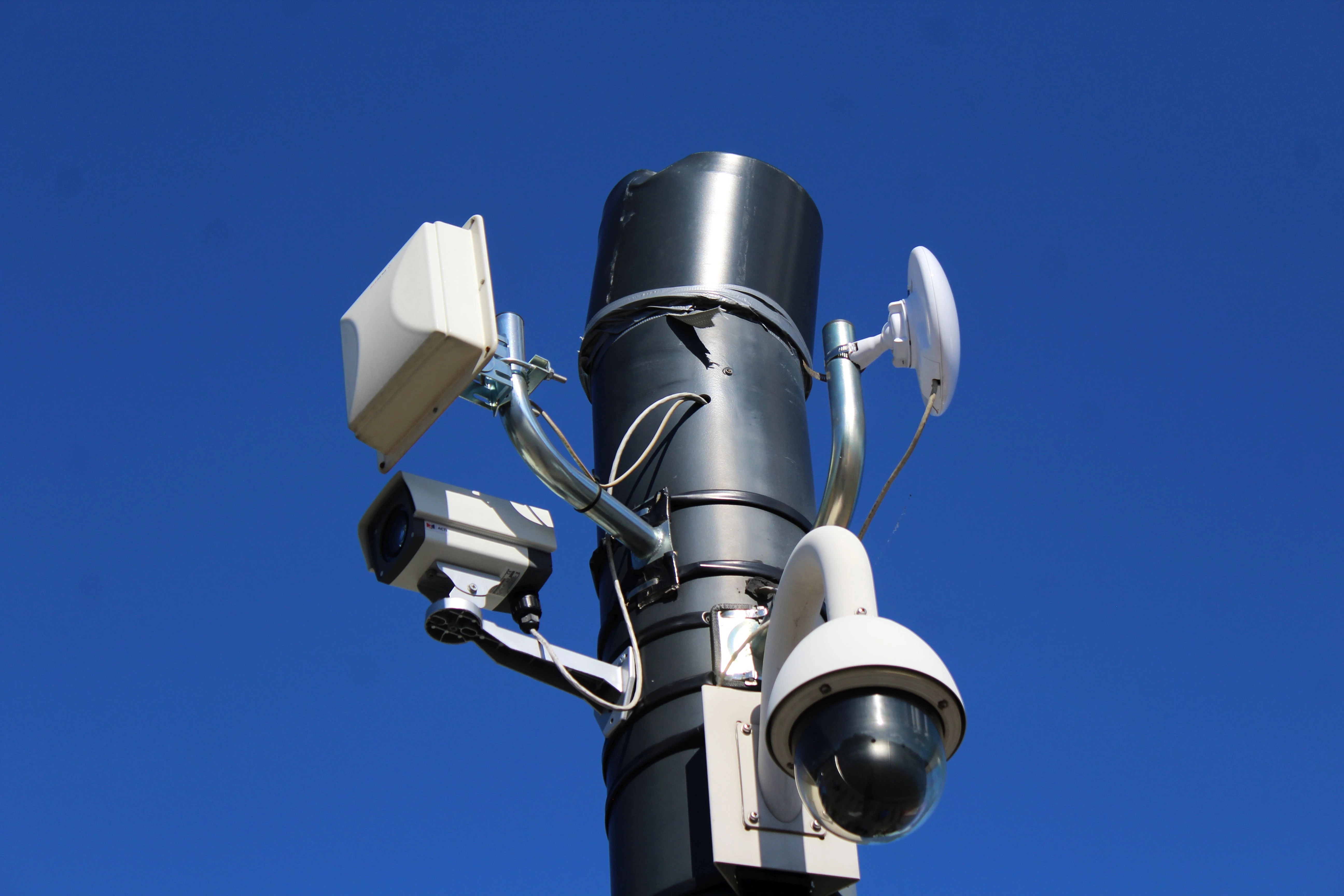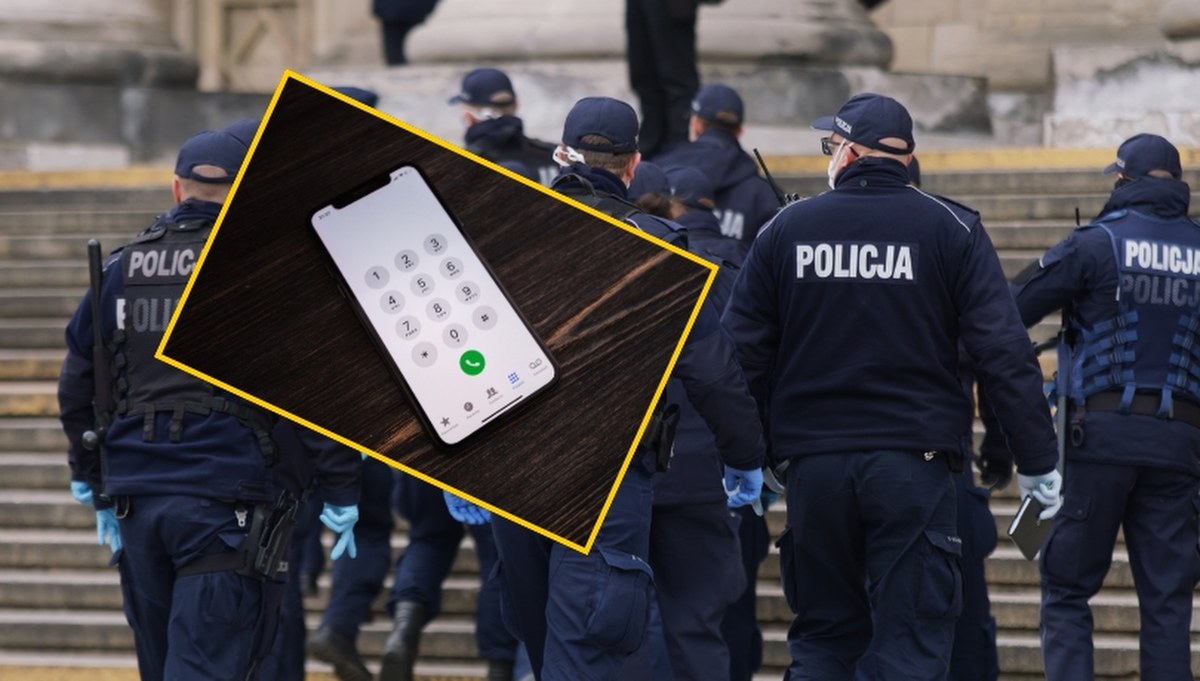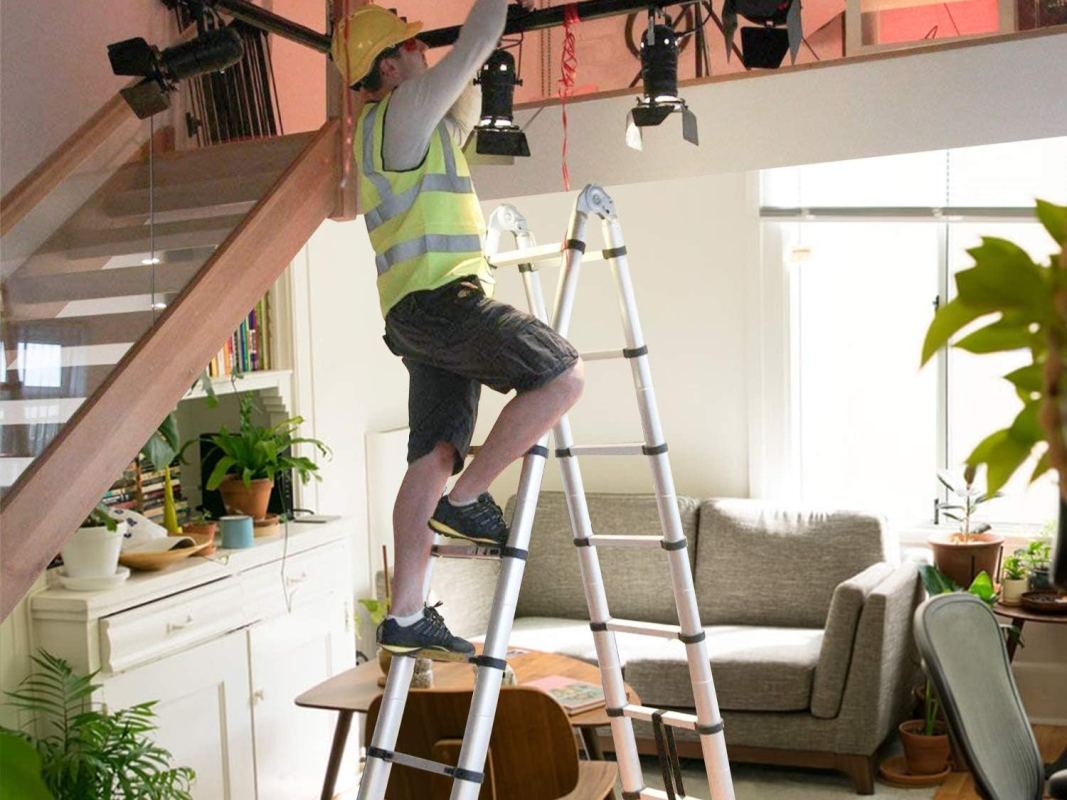The NHS maintained care for an estimated 10,000 more patients during the latest doctors' strike compared with last year's industrial action. Early data shows that 93% of planned operations, tests and procedures went ahead during the five-day walkout across England.
In previous walkouts, the majority of non-urgent care was postponed. Fewer than a third of resident doctors, previously known as junior doctors, chose to join the strike, which ended on Wednesday morning.
Strike participation drops significantly
The number was down by 7.5% (1,243) on the previous round of industrial action in July last year, according to the early analysis of management information collected by NHS England. NHS chief executive Sir James Mackey noted that care was still disrupted for thousands of people.
He said: "While this is really good news for the vast majority of patients whose treatment went ahead, we should still acknowledge that there were thousands whose care was disrupted. NHS staff will continue to work hard to ensure patients can get their rescheduled care as soon as possible, but for those patients - and for all our staff who had to work extra shifts or with different responsibilities - a repeat of this action will be unacceptable."
Government urges return to talks
Mackey urged the Resident Doctors Committee to get back to the negotiating table and work with the Government on meaningful improvements to resident doctors' working lives. Health Secretary Wes Streeting said: "I want to again thank staff from across the NHS who have put in an incredible shift to make sure that the NHS was open to as many patients as possible over the five days of unnecessary strike action."
Streeting said earlier this week that he "never left" the negotiating table, and that he is willing to meet with the resident doctors committee of the British Medical Association (BMA) to resume talks in their ongoing dispute over pay and working conditions. But he also warned that "it should be clear to the BMA by now that it will lose a war with this Government".
Trusts warn of ongoing impact
NHS Providers, which represents hospital trusts, said the walkout took a toll and that trusts are concerned about potential wider industrial action in the health service. "Even though trusts cancelled fewer appointments than before, the strike still took its toll on patients and an already stretched NHS," Saffron Cordery, NHS Providers deputy chief executive, said.
She said NHS trust leaders want to focus on improving services instead of dealing with strikes, which she said have set back progress in cutting waiting lists. She added: "This dispute can't drag on. The union says resident doctors want this to be their last strike. With talks due to resume, let's hope so."
Cordery warned that bringing disruptive strikes to an end must be a priority, stating that "the only people being punished are patients". She expressed concern about the threat of wider industrial action in the NHS as trusts worked hard to minimise disruption and keep patients safe during the resident doctors' strike.
(PA/London) Note: This article has been edited with the help of Artificial Intelligence.










